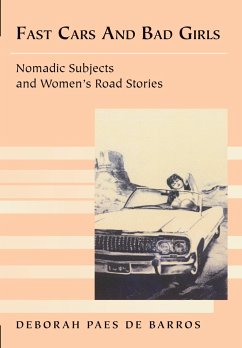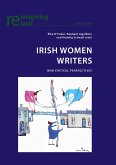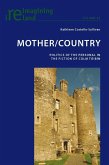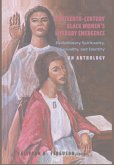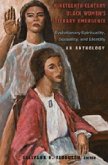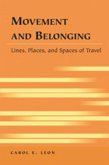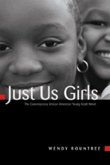Fast Cars and Bad Girls: Nomadic Subjects and Women's Road Stories explores the road narratives of women and the various ways their work re-maps American space. Moving from Mary Rowlandson's famous captivity narrative to the frontier texts of the American West to the postapocalyptic novels of postmodern experience, Fast Cars and Bad Girls interrogates the intersections of nomadic theory and contemporary feminism. What would happen, the text queries the reader, if Jack Kerouac had gone on the road with a baby in the back seat? Women's road texts are different, insists author Deborah Paes de Barros; notions such as resistance to the West, the revision of the natural world, mother-daughter relationships, avant-garde angst, and feminist utopias construct this discussion of women travel writers.
«In this brilliant study, Deborah Paes de Barros opens with a powerful analysis of the richness, complexity, and ambiguity of the tropes of travel, the road, frontier, the questing American hero, and the journey as symbolic of male power struggles to control space, time, and borders. Against this dominant male genre of the road novel, 'Fast Cars and Bad Girls' reveals the ways that nomadic female road heroes in the works of women and minoritized writers from Mary Rowlandson to Paula Sharp challenge, resist, and disrupt the hegemonic, patriarchal order. By rejecting the rules of the road, boundaries, and genres, the women writers examined here create nomadic communities of lovers, children, and sisters bonded by love rather than by social conventions and gives us texts that expand the horizons of American fiction. This exciting book opens new territory for the study of American fiction.» (Emory Elliott, University Professor, University of California, Riverside, Director, Center for Ideas & Society)

